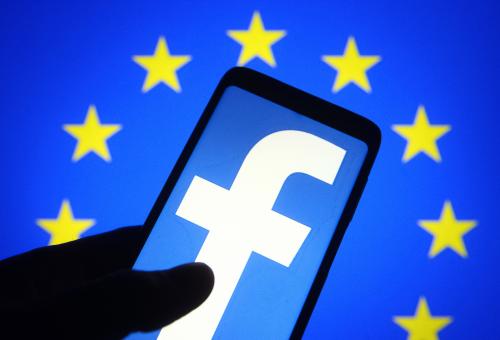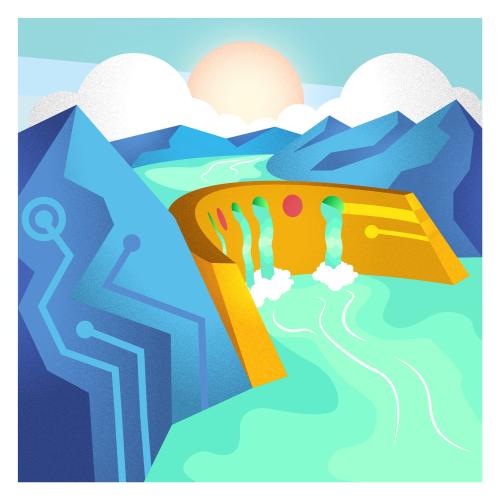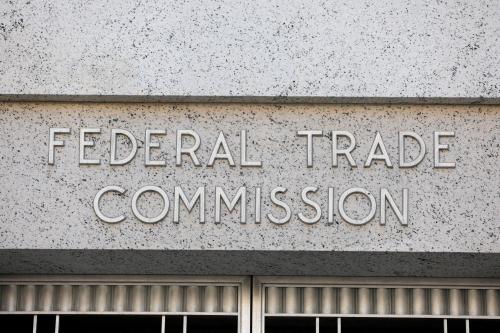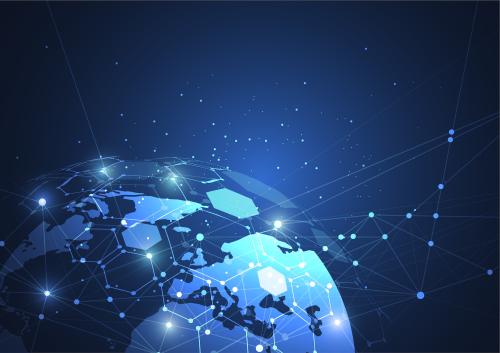The International Telecommunication Union (ITU) has been described as “The most important UN agency you have never heard of.” The ITU’s upcoming quadrennial Plenipotentiary Conference, to be held in Bucharest, Romania this September 26th through October 14th, will host the most important election you have never heard of.
The ITU was founded in 1865 as the International Telegraph Union for the purpose of facilitating cross-border operations of the new technology. Since then, it has become a key standard-setter for telecommunications networks. The ITU proudly proclaims, “Every time you make a phonecall via the mobile, access the Internet or send an email, you are benefitting from the work of ITU.”
Technically, the statement is correct since the standards for fiber optic cable and mobile networks are a part of the ITU process. It is a bit hyperbolic, however, when it comes to the internet where the ITU has played a less determinative role.
The internet grew apart from the ITU. The standards by which the internet operates are not ITU standards, but were developed by a “multistakeholder process” in which technologists, companies, civil society, and governments reached consensus. The vehicle for such internet standards is the Internet Engineering Task Force, one of several voluntary institutions that together maintain the internet as we know it. Now, Russia and China are seeking to move internet governance to the ITU where bottom-up design of internet standards could be replaced with top-down decisions based on the politics of nation-states.
Atop the agenda for Bucharest is the selection of a new ITU Secretary-General. The election — decided by votes of the member nations — is shaping up as a tussle between a candidate who is American and one who is Russian. The American, Doreen Bogdan-Martin, is a veteran of almost three decades of experience at the ITU, and the first woman to head one of the agency’s three major bureaus. The Russian candidate, Rashid Ismailov, is a former deputy minister in the Russian Ministry of Telecom and Mass Communications, and a former Huawei executive. Full disclosure: I know Doreen and have seen her skills at work.
Lurking behind the scenes in this election is much more than simply who will occupy the Secretary-General’s spacious office in Geneva. It is a competition between two visions of the internet: an open internet, or a kind of state-controlled internet that resembles Russia’s and China’s.
International tension over internet policy was illustrated at the ITU-sponsored 2012 World Conference on International Telecommunications (WCIT). After the majority of nations voted to, among other things, increase ITU’s authority over the internet, the United States refused to sign the resulting treaty.
In June 2021, the leaders of China and Russia signed a pact which is now manifesting itself at the ITU. The agreement explained its purpose as “ensuring that all States have equal rights to participate in global-network governance, increasing their role in this process and preserving the sovereign right of States to regulate the national segment of the internet.” The language may be lofty sounding, but its effect is low-down. The call for nation-states to take over internet governance is a call to de-democratize the world’s most important network. “In the annals of diplomatic hypocrisy, this accord is a stunner, even by Russian and Chinese standards,” observed The Washington Post’s David Ignatius.
As if politicizing the internet is not sufficient, the Russians and Chinese also seek to force the redesign of the internet’s underlying standard. Currently, the internet is built on the lingua franca of a common technical standard called “internet protocol” or “IP.” China has proposed a new standard — called “New IP” — that would give governments more control over internet activities, including the individualized determination of who gets on and what they can do. They want that standard to be driven by the ITU.
The ITU has 193 voting member nations. The most important election no one has ever heard of for the most important network of the 21st century will be by secret ballot.
The Brookings Institution is committed to quality, independence, and impact.
We are supported by a diverse array of funders. In line with our values and policies, each Brookings publication represents the sole views of its author(s).







Commentary
The most important election you never heard of
August 12, 2022